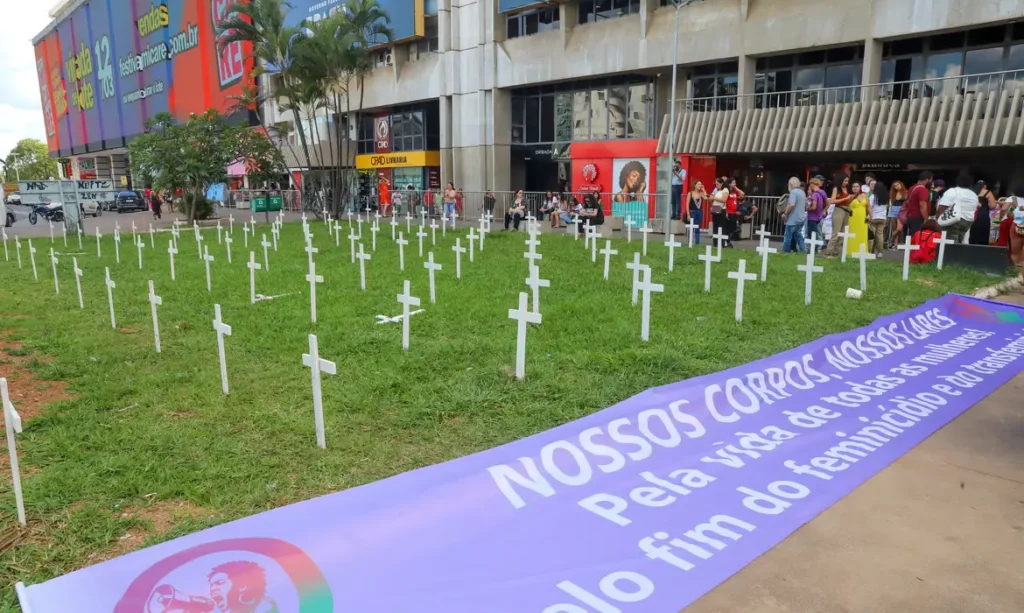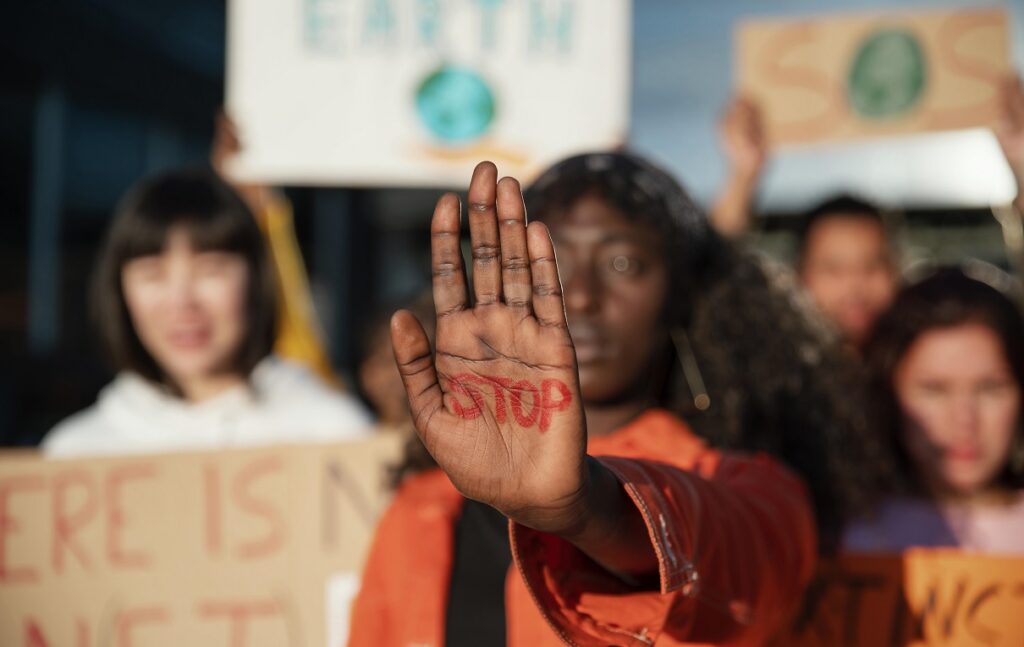São Paulo, Brazil – Four in 10 rape victims in Brazil are black girls 17 years and younger, although they represent only 13% of the Brazilian population. The incidence of rape among black girls is double that of white girls of the same age range, who account for 20% of the recorded rapes in the country.
The data comes from a study conducted by the Center for Racial Studies at Insper University, and is based on data from the Ministry of Health’s National Medical Care System.
The study confirms the alarming increase in violence against black girls in Brazil.
In 2010, the first year of the survey, three out of every 10 rape victims were black girls and teenagers. By 2022, the last year analyzed, this number had risen to four out of every 10.
The research also indicated that 60% of recorded rapes in Brazil involve victims under 18 years old (39.2% were between 11 and 17 years old), including all different races – white, brown, and black girls and teenagers.
However, the number of black victims has increased in recent years not only among minors. Black women are the majority of victims in all age groups, which, according to the study, confirms their higher social vulnerability compared to white women.
According to Insper, black women accounted for 48.4% of rape victims in 2010, increasing to 60% in 2022, while white women fell from 38.1% to 33.3%.

“Black women face more intense and persistent social and economic inequalities that plague the country. These inequalities reflect a complex intersection of racism and sexism, deeply rooted in the country’s history and manifesting in many ways in everyday life,” the study stated.
According to the researchers, despite recent advances in educational inclusion, black women still face more barriers to accessing and completing their studies, often leading them to precarious and poorly paid jobs where they are vulnerable to exploitation and abuse.
“These and other factors form the backdrop of the violence experienced by black women in Brazil. They are the biggest victims of femicides, rapes, and physical and emotional abuse. It is shocking that the profile of the victim of violence against women in Brazil has remained the same over time,” read the report.
In addition to being the primary victims of rape, black women also suffer the most from sexual harassment. They accounted for 51.28% of harassment victims in 2012, increasing to 58.93% in 2022. The number of femicides is also higher among black women. In 2022, 68% of women murdered in Brazil were black, while 30% were white.
How to reverse this scenario?
For Insper researchers, the first step is to raise public awareness about violence against women, its causes, and effects. “Education is a powerful tool for changing attitudes, norms, and behavior,” the study read, emphasizing the importance of informing women about the need to report violent situations.
In this context, campaigns can help highlight the extent of the problem in the country and promote racial and gender equity. Education in schools is also essential for teaching young people about respect and equality, helping to prevent future episodes of violence.

Furthermore, the study stated that stricter laws, accompanied by a justice system that effectively holds aggressors accountable, are also important. But good laws on paper alone do not solve the problem. To be effective, they must be applied fairly and consistently and supported by policies and programs that help prevent violence and support victims.
“Preventing and combating violence against women is not an easy task. It requires the commitment of different social sectors, continuous engagement, resources, and the willingness (especially political) to challenge prejudices and contest systemic inequalities deeply rooted in social norms. But all these challenges must be faced to ensure safety, equity, and justice for all women,” the study concluded.










